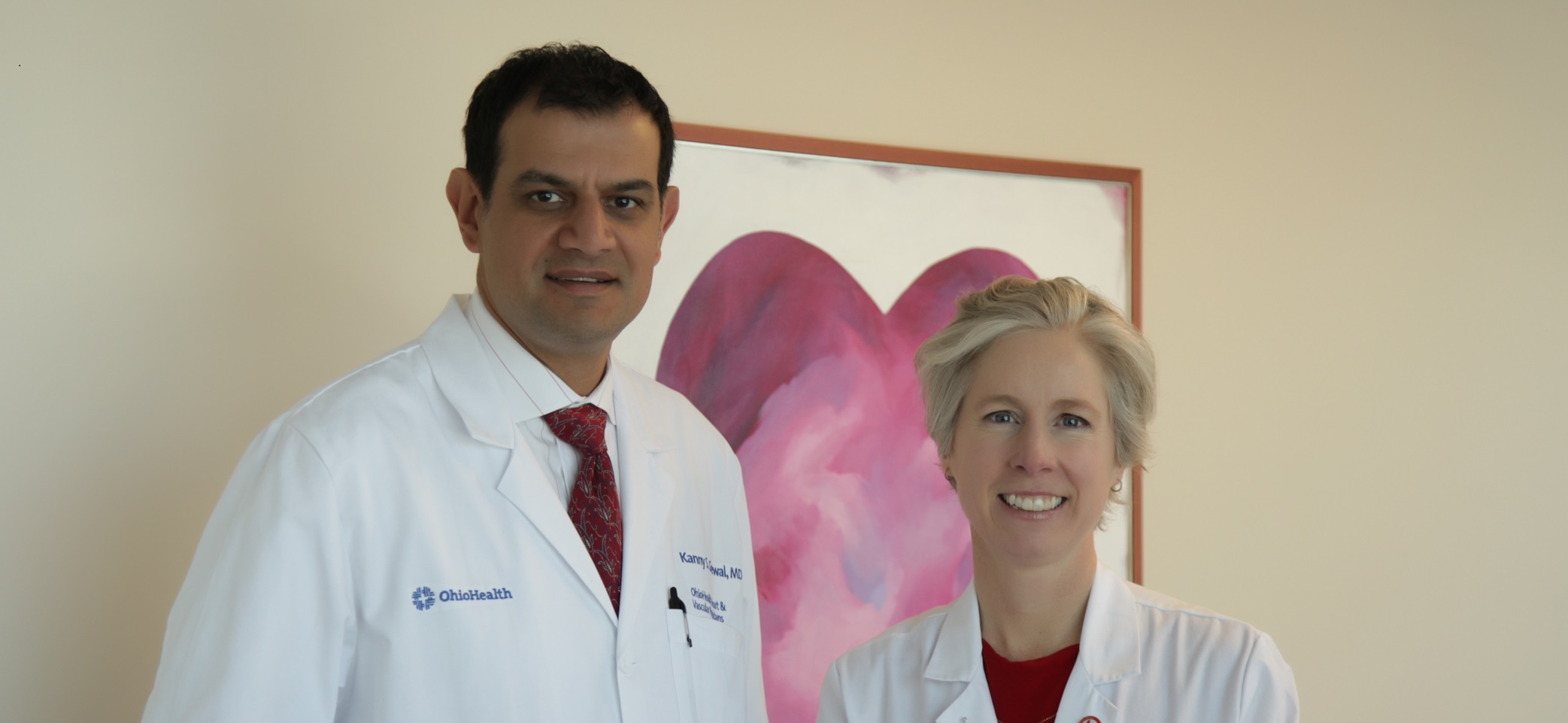 I decided to spend my birthday figuring out my age. Not my actual age, which is painfully obvious, but my “Heart Age”. This is a new online calculator (featured in the Wall Street Journal this week) created by researchers in the UK, which uses existing data regarding the prediction of future cardiovascular risk (from the Framingham database, which is the most comprehensive set of data available). It has been reformatted into an algorithm that compares your true age with your estimated cardiovascular age, as a general way to look at your overall cardiovascular health. To use the calculator, you need to know:
I decided to spend my birthday figuring out my age. Not my actual age, which is painfully obvious, but my “Heart Age”. This is a new online calculator (featured in the Wall Street Journal this week) created by researchers in the UK, which uses existing data regarding the prediction of future cardiovascular risk (from the Framingham database, which is the most comprehensive set of data available). It has been reformatted into an algorithm that compares your true age with your estimated cardiovascular age, as a general way to look at your overall cardiovascular health. To use the calculator, you need to know:
– your true age, sex, height and weight
-a recent total cholesterol and HDL if available
-a recent blood pressure reading
-your family medical history
Of course, there are several limitations to a simple calculator like this – it doesn’t take into account any symptoms you may have, or the duration or severity of risk factors. And the database from which it is drawn was created predominantly from Caucasian Americans, so it may not directly predict risk for other ethnic groups (for example South Asians, whose risk may be higher, or based on different weighting of factors). But it is a nice snapshot of your CV health in a format that is easy to understand.
So how did I do? Well, fortunately my Heart Age came out less than my actual age – but not by much. (Luckily, I have 365 days to make some progress!) Give it a try yourself:
Here is a link to the Heart Age calculator.
If your heart age is older than your real age, don’t dismay (the average result is 6 years older than real age!), but do look back at the questions – and notice how dropping your blood pressure, cholesterol, or waist size has a positive impact. We can’t change our age or family history (and generally not our sex), but lifestyle changes can go a long way to reduce our risk. So click here to learn about the best medication for heart disease – a therapy that reduces blood pressure and cholesterol and shrinks our waist size as well!
For more information see our articles on heart healthly diet and heart prevention in women.
Here is an informative video interview with the creator, from the WSJ: http://live.wsj.com/video/how-old-is-your-heart/A280BEEC-4649-4472-8223-65856B0FB3A5.html





